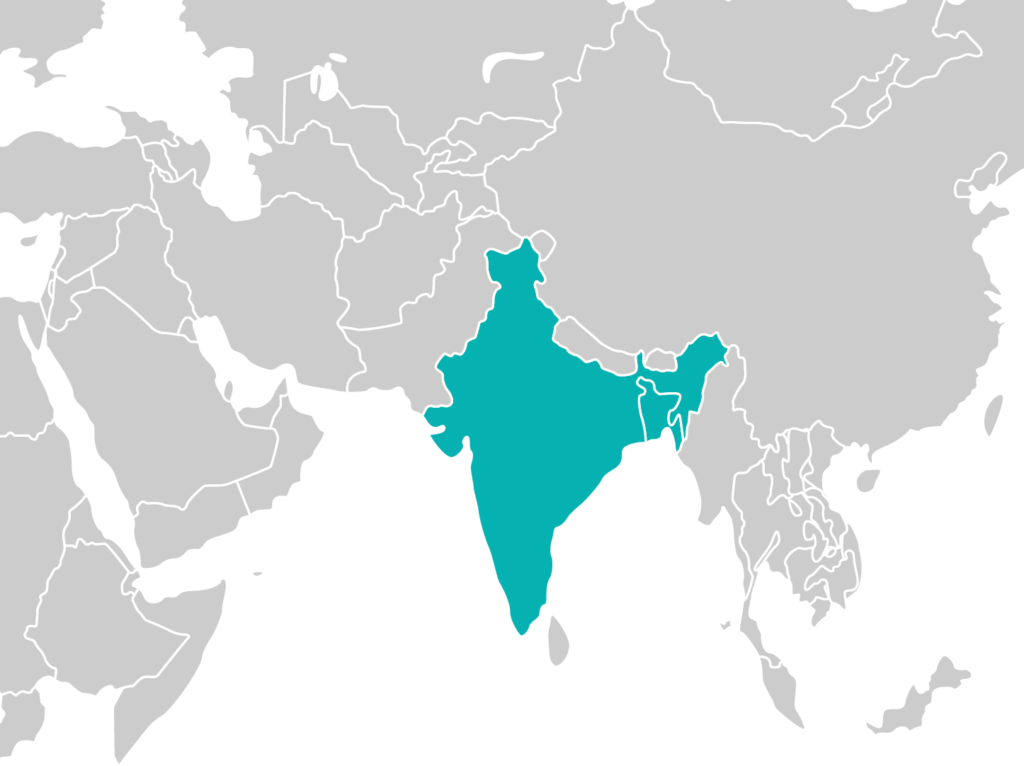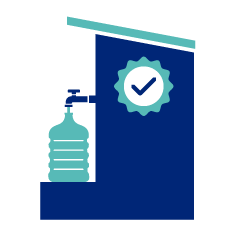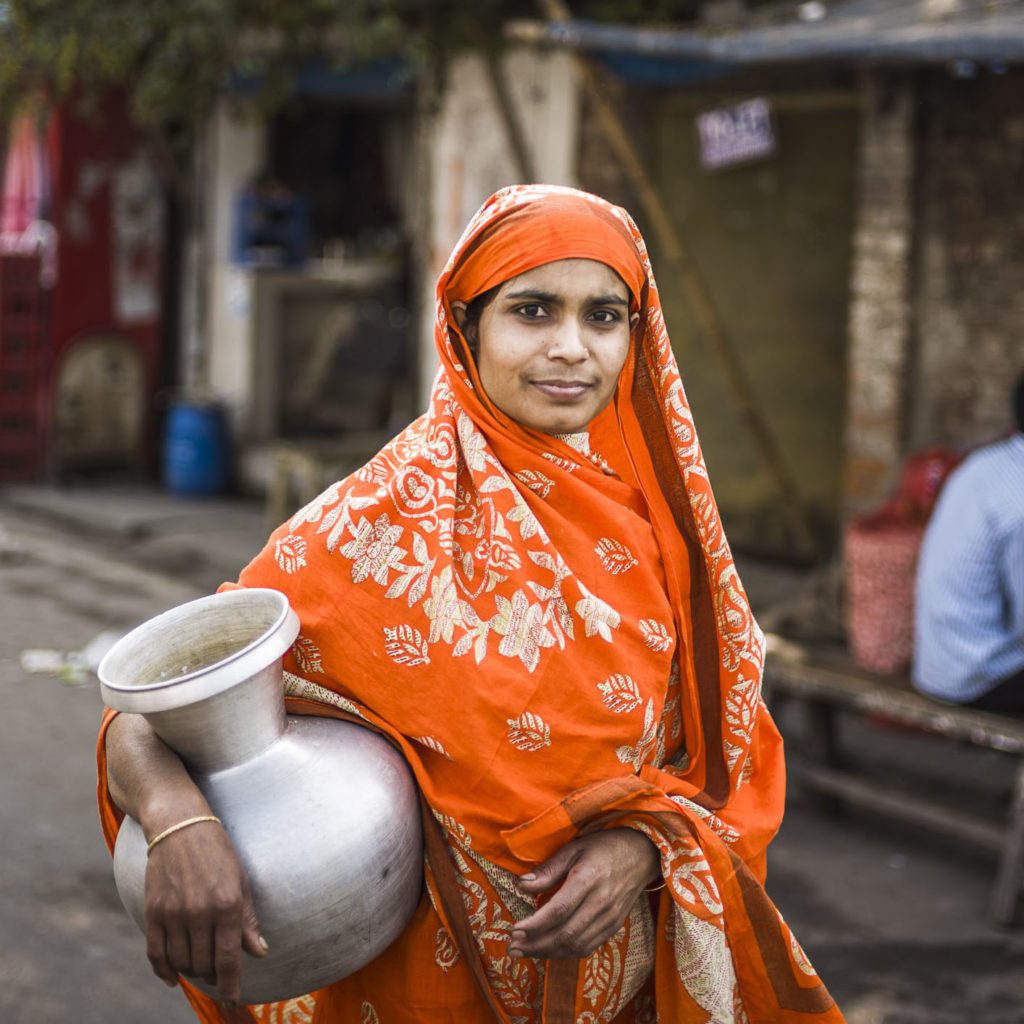
Drinkwell is also operating in India
This video was filmed in 2019, the figures have changed since then.

Drinkwell: Innovation for Arsenic-Free Drinking Water
In Bangladesh and India, millions of people are exposed to water contaminated with arsenic, iron, or bacteria. In poor urban areas, this water pollution poses a major health risk, especially for children and pregnant women.
Drinkwell has developed an innovative solution using its patented HIX-Nano resins, which removes heavy metals (arsenic, fluoride, iron, etc.) from water. This technology has a lifespan of 10 years and recovers 99% of water. Water kiosks and piped water systems are equipped with this filtration system, making water safe to drink and sold at a low price to vulnerable populations. Thanks to an ATM system, water is available 24/7.
A technological and inclusive solution
Founded in 2013 by Minhaj Chowdhury, Drinkwell now operates in Bangladesh with a public-private partnership model, working with Dhaka Wasa, and in India by responding to government tenders.
In 2025, Drinkwell inaugurated new kiosks in Narayanganj (Bangladesh), in partnership with Asian Development Bank and Narayanganj City Corporation. Drinkwell also inaugurated new kiosks in Khulna (Bangladesh), in partnership with UNICEF, Khulna WASA, and the Khulna City Corporation, serving over 2,785 low-income households, including 100 ultra-poor families who receive water for free.
In India, Drinkwell installs both kiosks and piped water schemes equipped with HIX-Nano resins , providing safe drinking water to communities. The multi-village piped water systems are funded by “State Public Health Engineering Departments” allowing even more households to access safe water.
To date, Drinkwell has deployed more than 400 systems in 6 Indian states.
Drinkwell’s impact on health
Danone Communities supports Drinkwell to accelerate access to safe drinking water in vulnerable urban and rural areas, in line with our health mission and commitment to impact-driven business. The results are tangible:
>>> To learn more: https://drinkwellsystems.com/
How Danone Communities actively supports Drinkwell—some concrete examples:
By supporting Drinkwell, Danone Communities helps provide access to safe drinking water for vulnerable populations and takes concrete action to positively impact health globally, as part of Danone’s mission.

People impacted in 2024

Water kiosks

Garment worker, Dhaka, Bangladesh
“Just one day after my wedding, my husband and I packed our belongings into a small bag and left everything. Our destination in search for a better future was Dhaka, the capital city. I found a job in a garment’s factory, and my husband as a rickshaw puller. As our incomes are not regular nor high enough to afford to rent an apartment, together with our two beautiful children we live in the slum.
In the centre of the slum is a water pump where some of the residents get water for everyday needs, like drinking, cooking and washing. But this water is not suitable for drinking, there’s bacteria and iron in the water, which is a big problem in Bangladesh. I am not using water from the slum anymore, since there is safe drinking water available near the community. Every morning I go to the DrinkWell water kiosk to collect safe drinking water.
I know that this water is safe and the price is acceptable, even for our budget. The change is really big for our health. My kids do not miss school anymore and with my husband we can work more regularly. I see a huge impact that access to safe water has on our daily lives.”